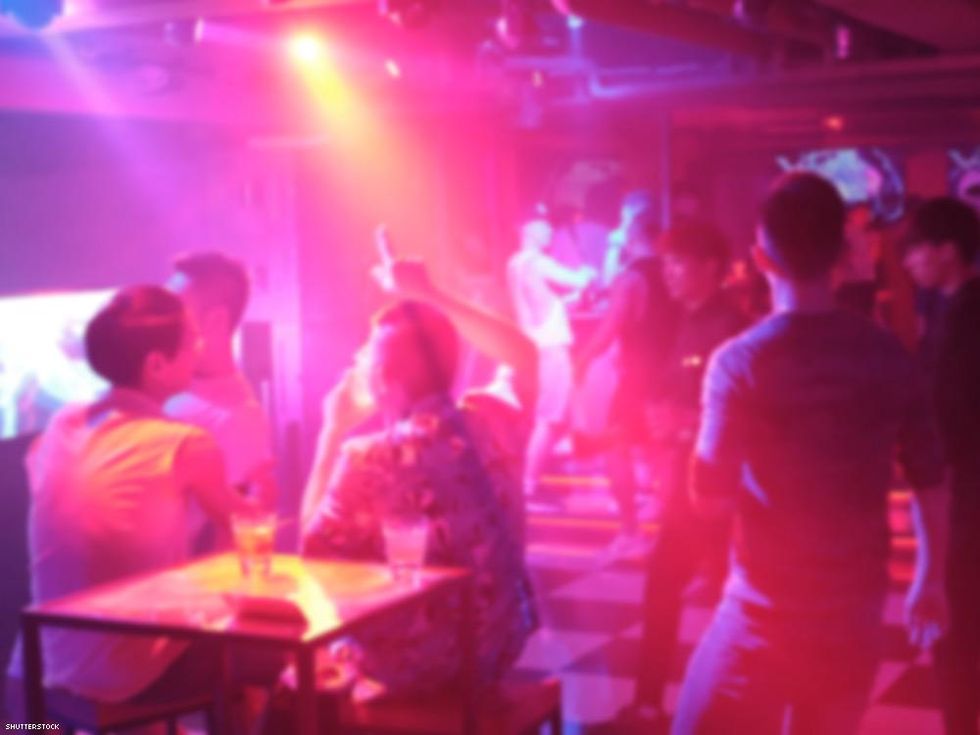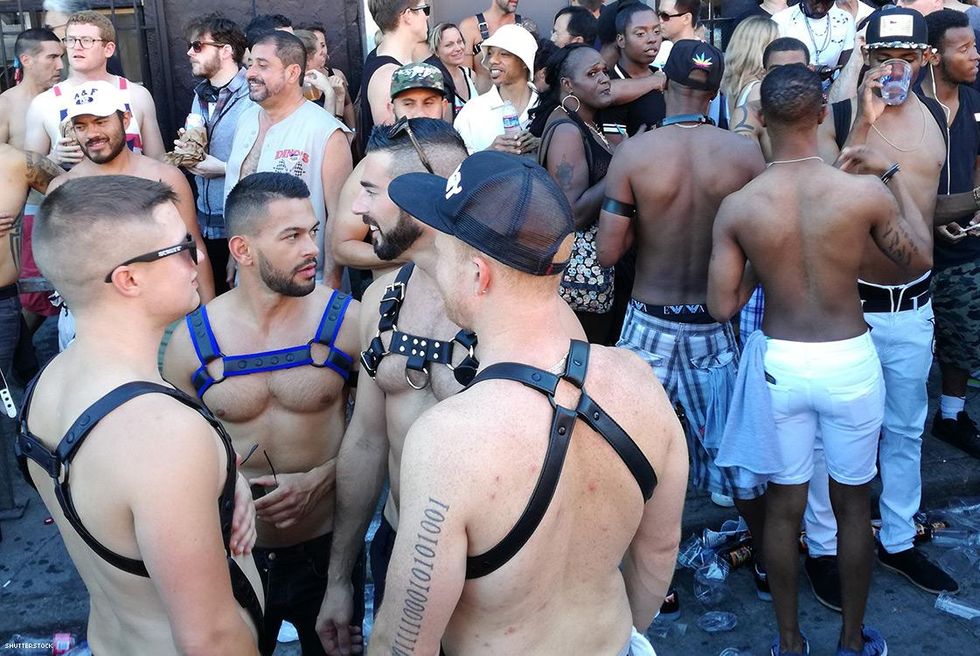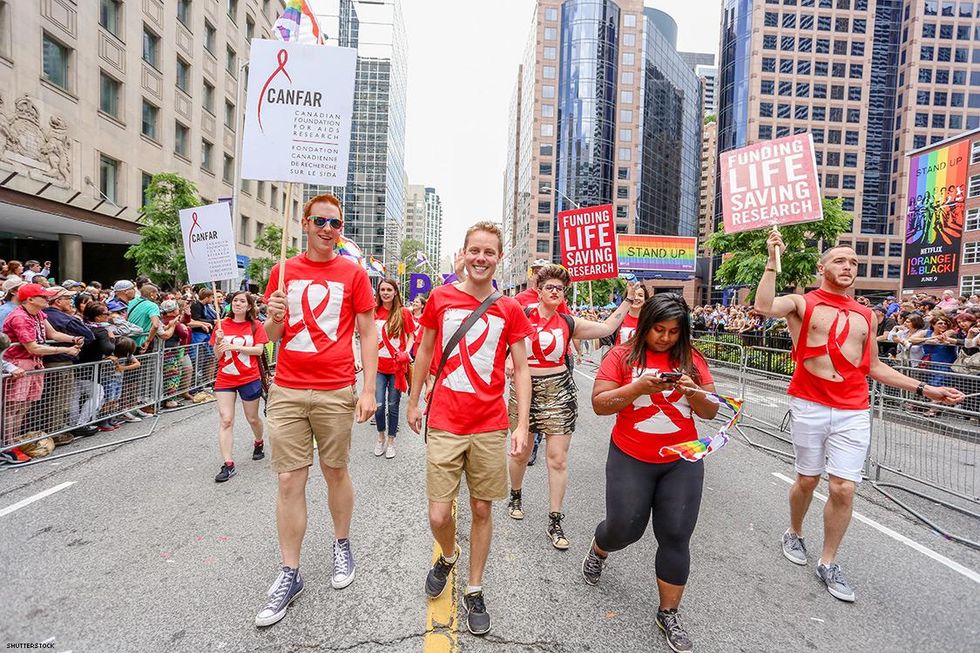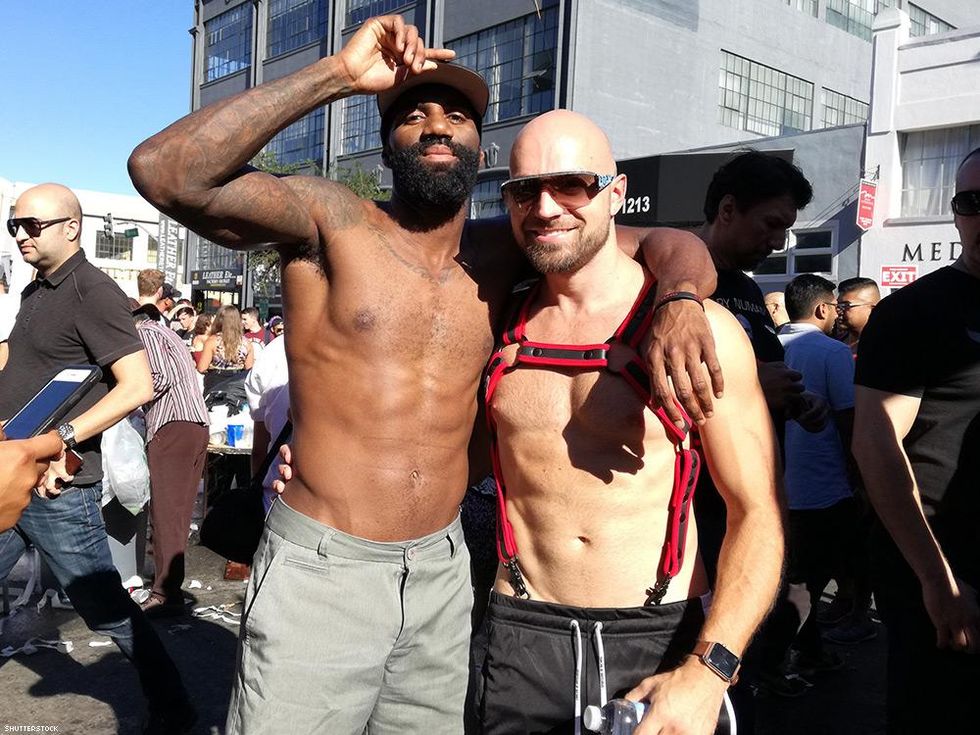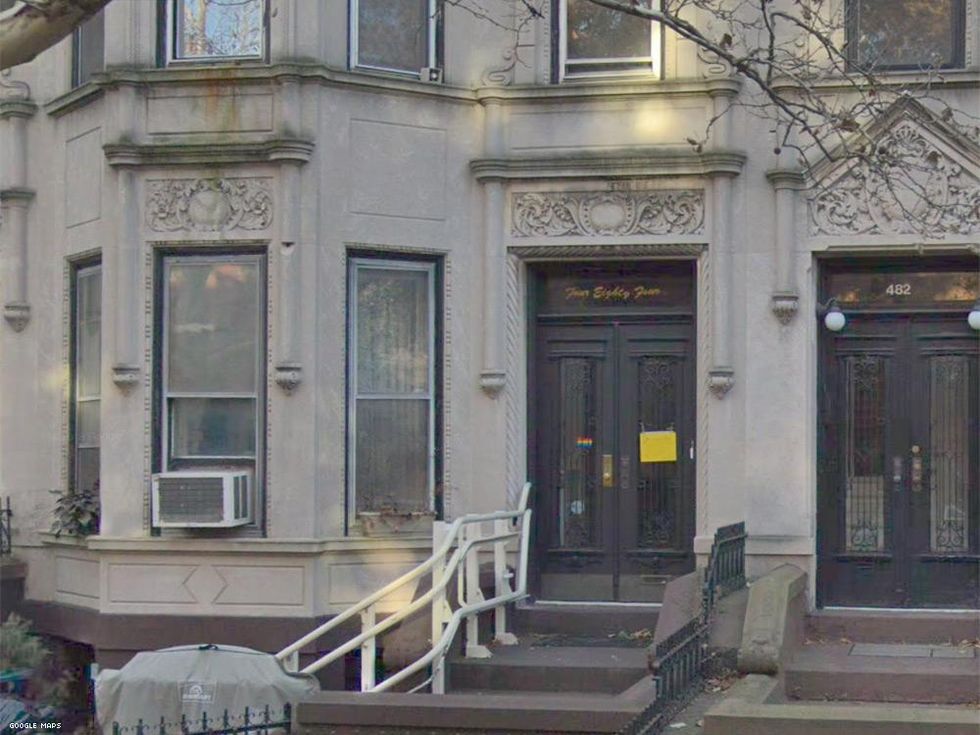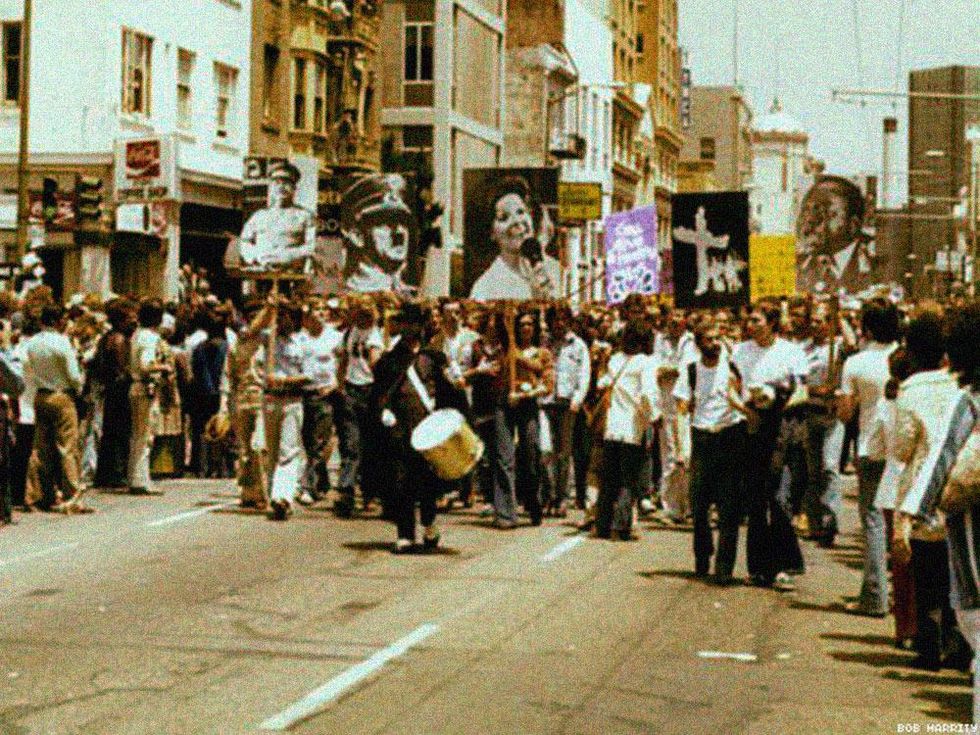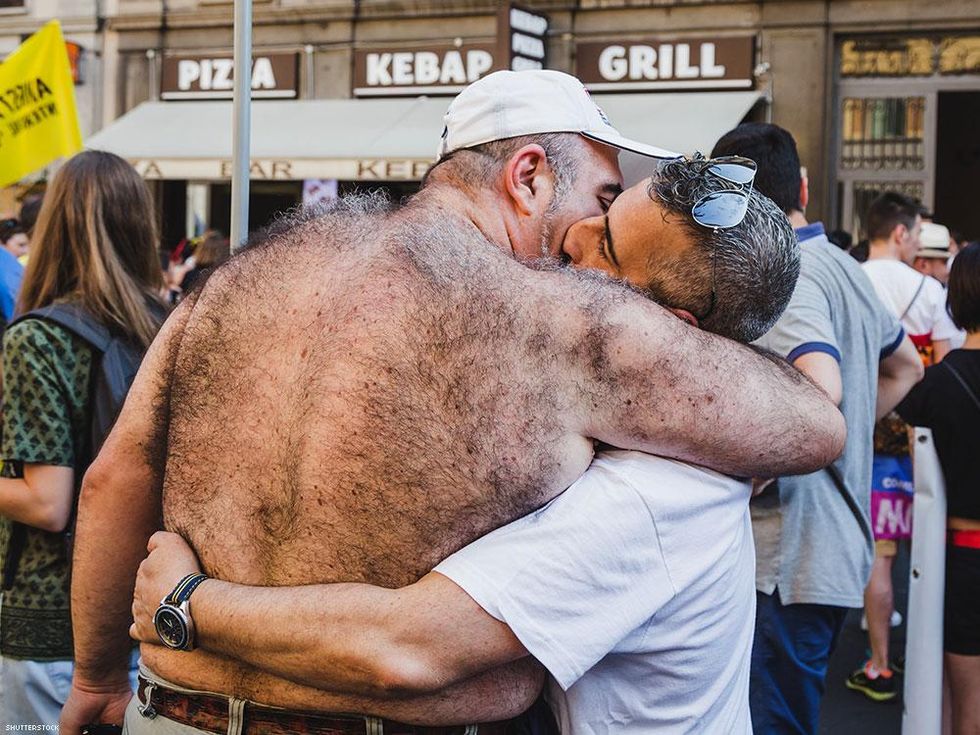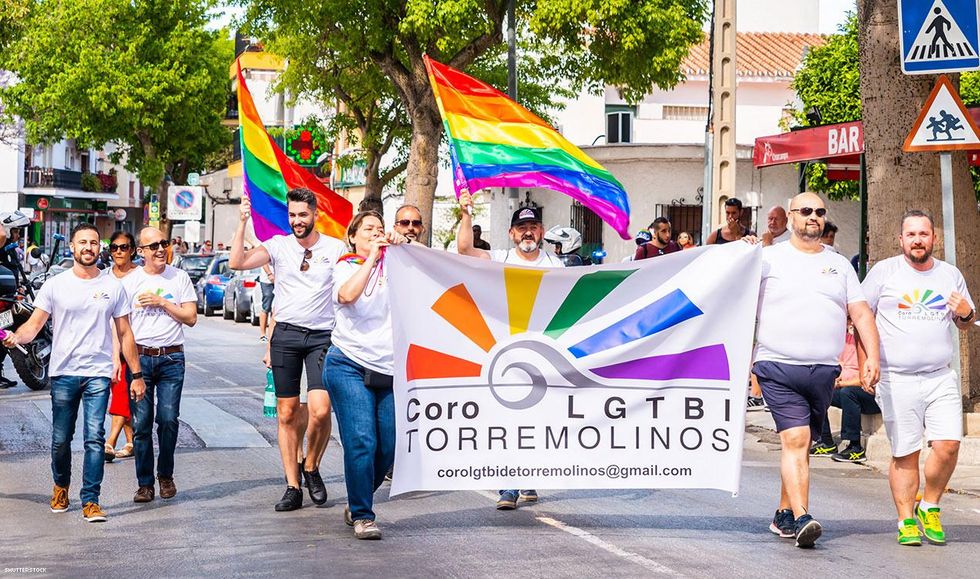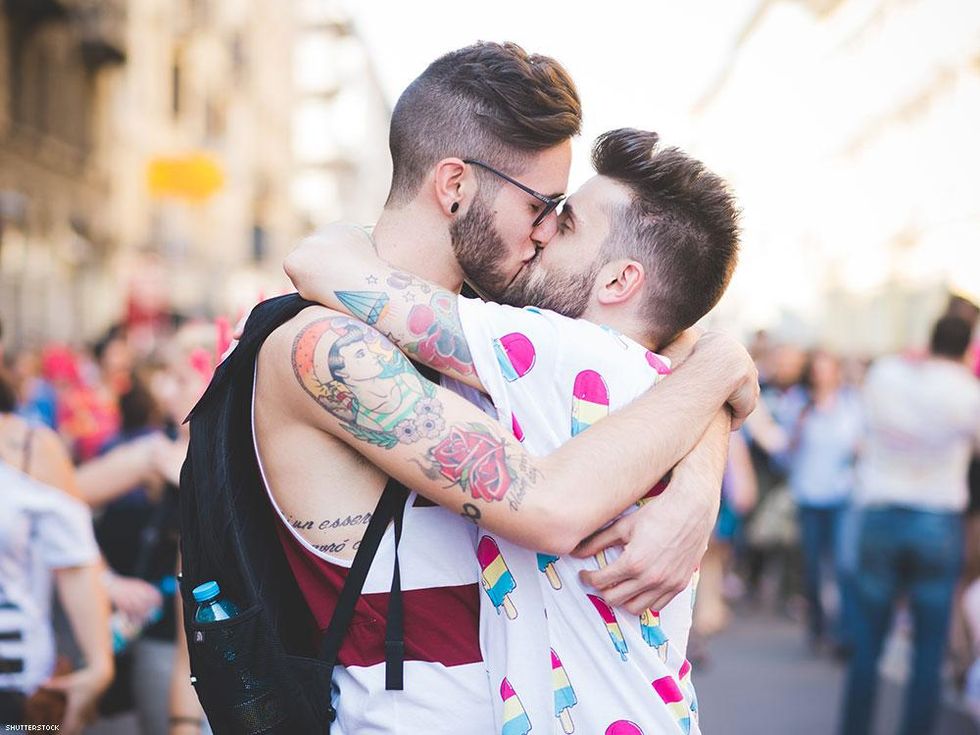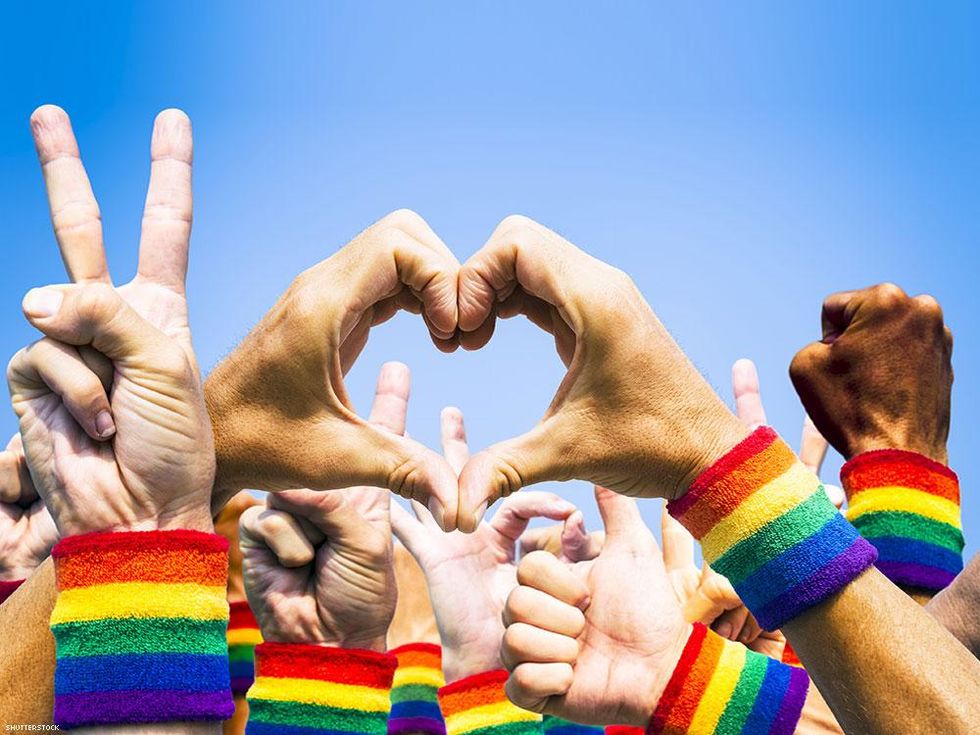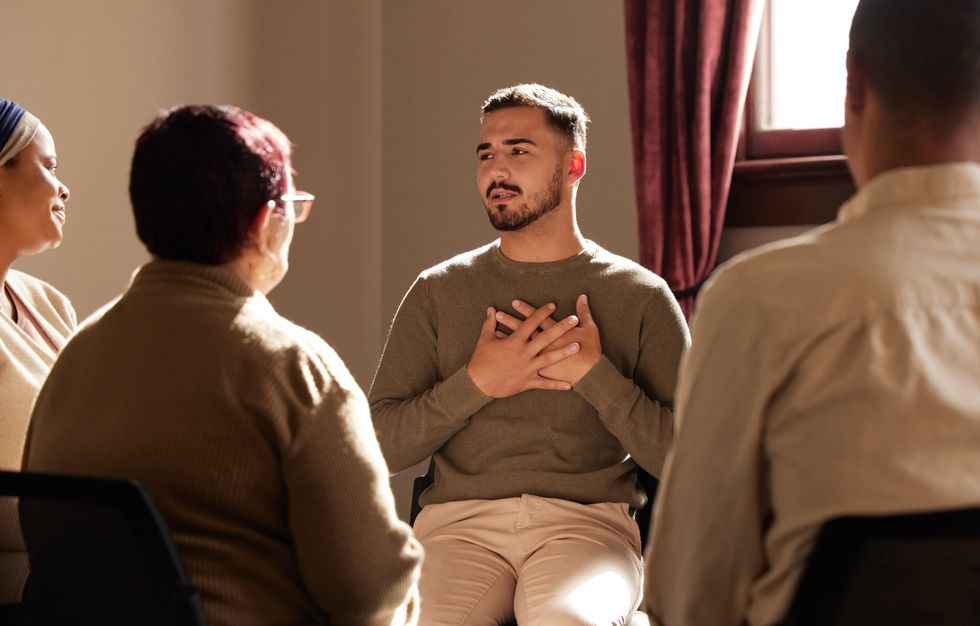If you know me as a friend or a critic, it is no surprise that I do not dig the 2015 film Carol starring Cate Blanchett and Rooney Mara.
I remember being excited to watch it. A movie about dykes falling in love? Sign Me UP.
...but afterward, I was left thinking that Carol was just another slow-burn dyke movie that was giving lackluster story, that heavily relied on aesthetics and the actors that were cast. It’s also a movie set in a time that millennial white women daydream happily about being in. Look, I love Mad Men as much as the next girlie who had a rockabilly phase in the mid-aughts, but I don’t get to fantasize about being in that time as sweetly as some of you do. The '50s sucked lol (side note: there are two shows that did back in the day Black queerness very well—A League of Their Own and 4400 and BOTH are canceled but....that's for another article). Yes, as queers, we all would have been secretly dyking, but the white lesbians who dig this film would have had an easier time finding love in a hopeless place than I would have.
What's wild is that you can throw a rock and hit several movies like Carol sitting in some queer writers' Final Draft. Producers, and other folks with the cash, are convinced that period pieces with lesbians longing for each other while wearing SO MANY FUCKING LAYERS OF CLOTHING and barely holding hands most of the time is what we want to see. That and films where a Black queer person is chasing and lusting after a non-Black queer person, because gosh forbid we show a Black queer couple on the screen—that is unless they are facing some sort of trauma in which case, GREEN LIT!!!
The reason these films keep getting made is because critics, and viewers, are so starved for any well-made Sapphic content that they continuously fawn over films like Carol. In their excitement, they end up looking past the actual mediocrity of them. Because of that mistake, we get more boring ass films with white dykes like Ammonite, Portrait of A Lady On Fire, Vita and Virginia, and the latest one, Eileen. We're left crying on rocks into our scarves while the boys get fun things like DICKS, Fire Island, and yes—even BROS.
There are film critics and lovers who want to argue me down when I talk about how much I hate the film, and I have rarely gone into detail as to why. Their first questions are usually ones like "Did you go to film school?" "Do you know about the history of queer film?" or even "Are you actually queer?" or they just accuse me of being anti for the sake of being anti.
It's high-key insulting and so I don't engage.
White queer folks who love this film seem to forget that all criticism is subjective and that I'm allowed to not have a positive opinion on the film. They also start requesting proof that I'm a critic or throw their film knowledge into the conversation unnecessarily which is an incredibly Caucasian response to me saying I didn't like a movie.
I can easily talk about the talent of Todd Haynes, I've seen Superstar: The Karen Carpenter Story. I know the importance of Far From Heaven in queer cinema. I understand I’m Not There AND I’m excited for what May December could do for the next wave of film that pulls inspiration from an era of history and pop culture I have actually lived through.
My argument and thoughts do not lie in Hayne's talent, nor is it a dismissal of it.
I just believe it is simply a representation of uninspired whiteness and queerness that will live forever in the world of cinema. Another film that future queer cinema will be harshly judged against—including those that have Blackness running through it.
It bothers me that lesbian films that didn't rely on casting, aesthetics, or 73 minutes of yearning in a 90-minute runtime don't have as much intensity behind them when bought up in conversations, both in the queer or film circles and outside of them. The Handmaiden, Saving Face, Bessie, Appropriate Behavior, and even Set It Off deserve the hype but only get chatted about when they hit an anniversary or land in the middle of some queer movie round-up.
I was, and high key, still am (and feels like I will be for at least 6-8 more years) starved for Sapphic films that are actually interesting. The type of dyking content on the big screen that will make me lean in with excitement and nearly knock over my $17 pizza and drink combo. I crave seeing Black queer babes on screen who have a Black romantic interest and the story isn't even touched by trauma. But instead, I get movies like Carol. Where rich white lesbian women yearn for each other in fur coats in a decade that is overly romanticized.
So, I forever stand by my thoughts on the film, and for anyone reading just because you didn't go to film school doesn't mean your thoughts on a movie aren't valid. Carol is another case of queer whiteness getting accolades for doing the absolute bare minimum, and I didn't have to spend $100,000 on a piece of paper to come to that conclusion.
Views expressed in PRIDE’s opinion articles are those of the writers and do not necessarily represent the views of PRIDE.com or our parent company, equalpride.
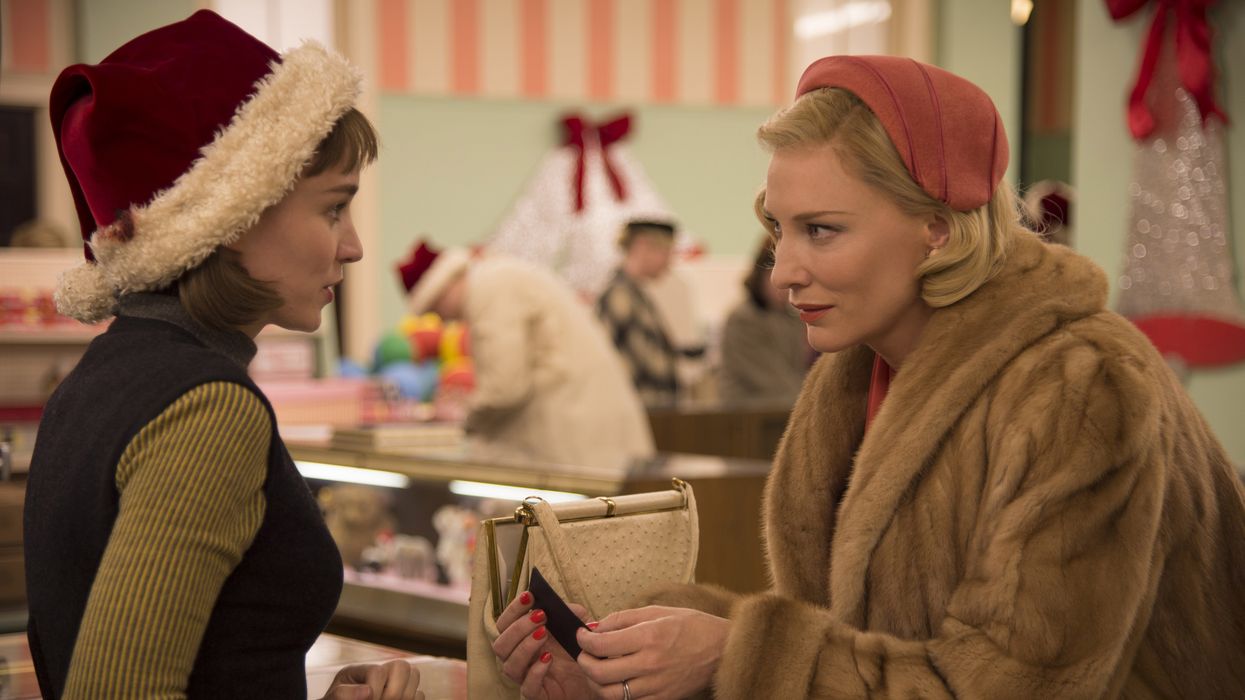





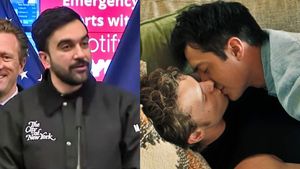





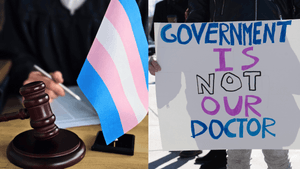
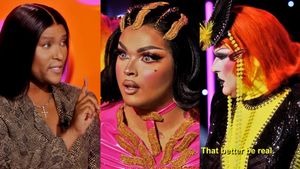
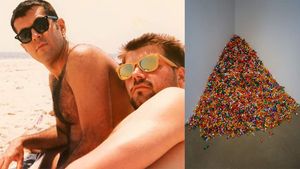






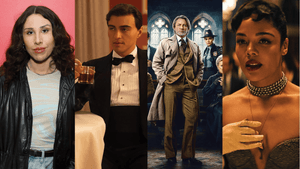









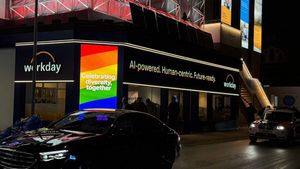


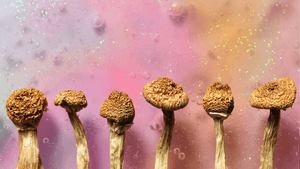


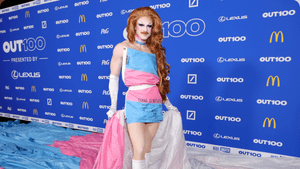
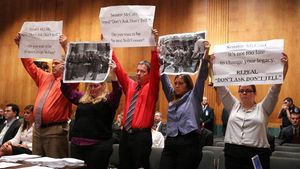


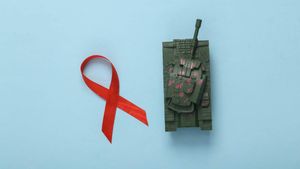




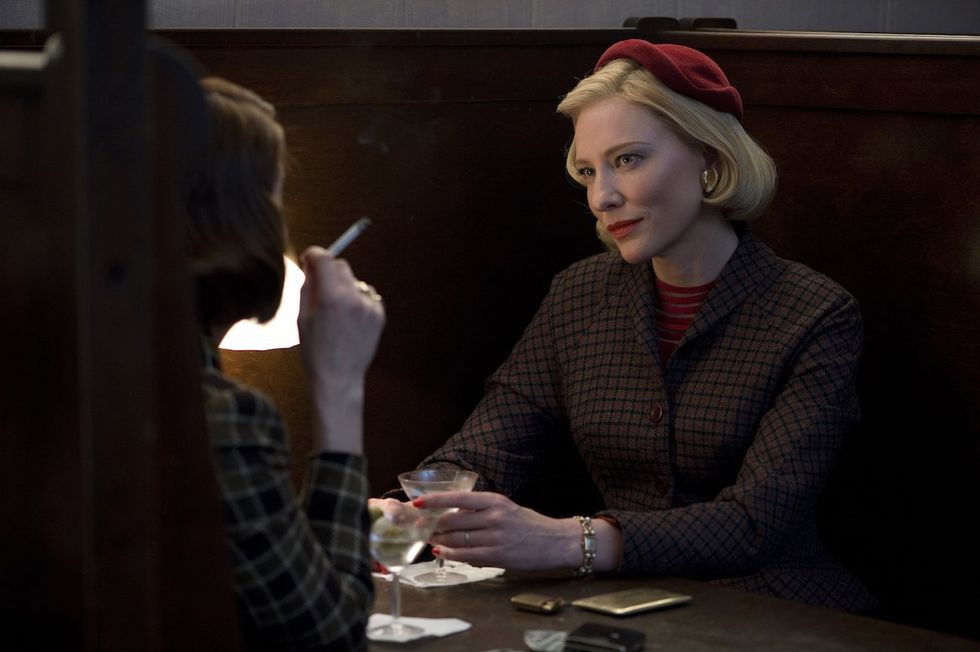
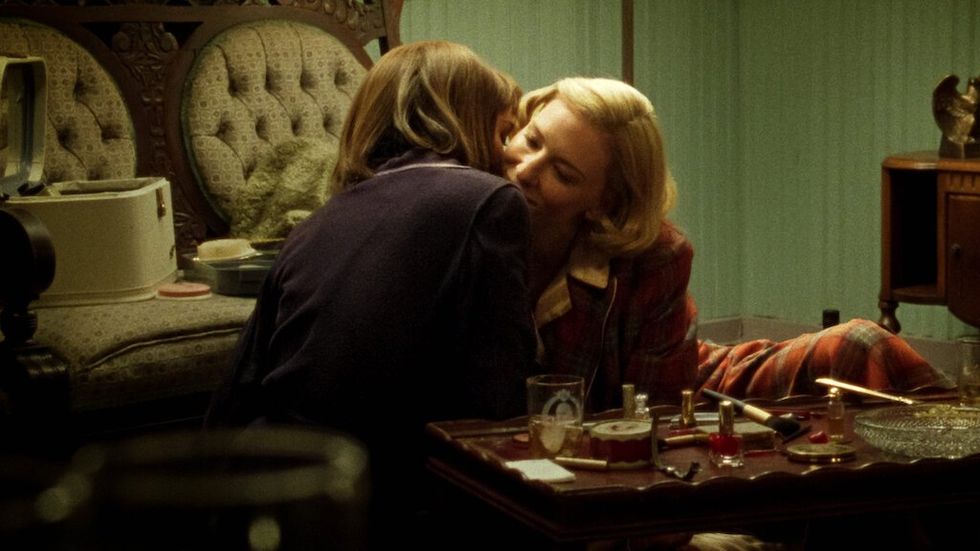

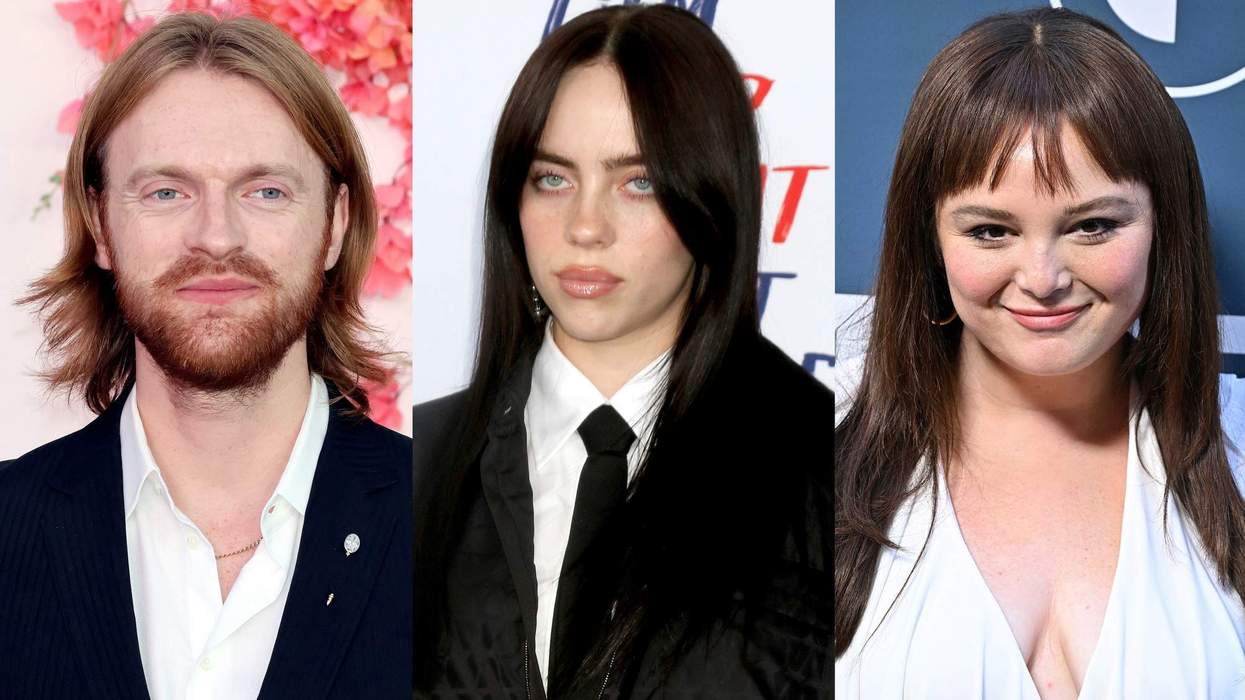
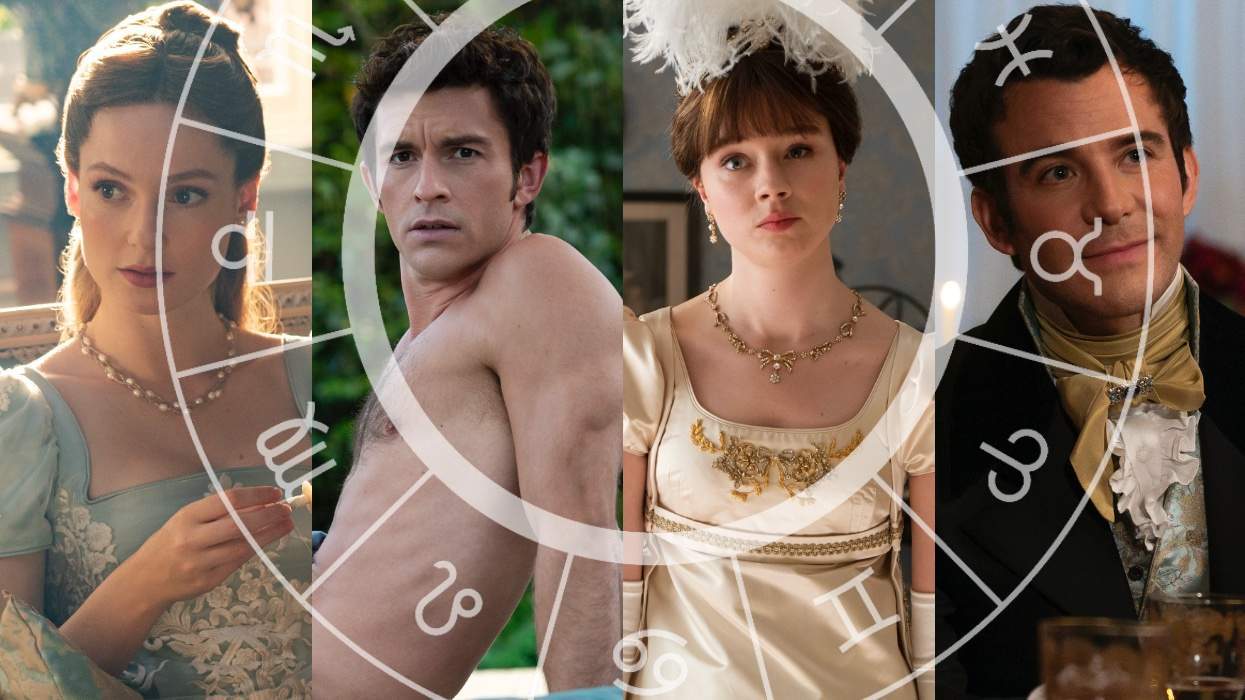
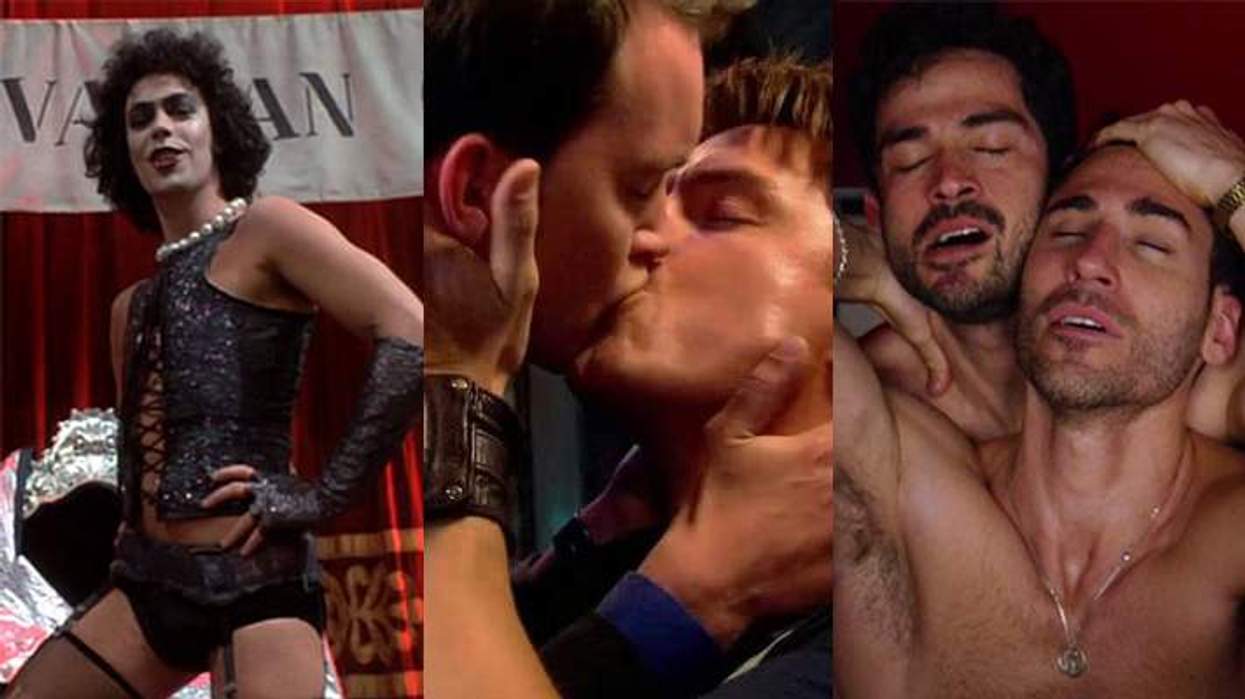






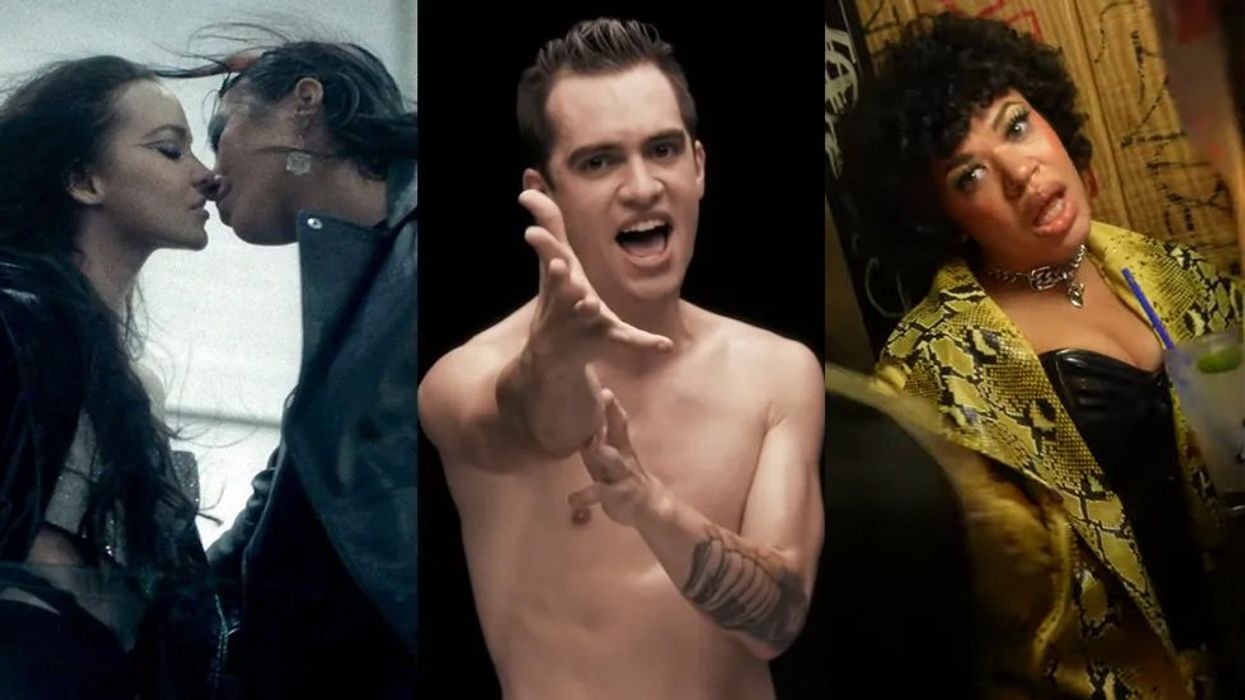
 35 bisexual pop anthems we have on constant repeatYouTube.com/Binoy
35 bisexual pop anthems we have on constant repeatYouTube.com/Binoy
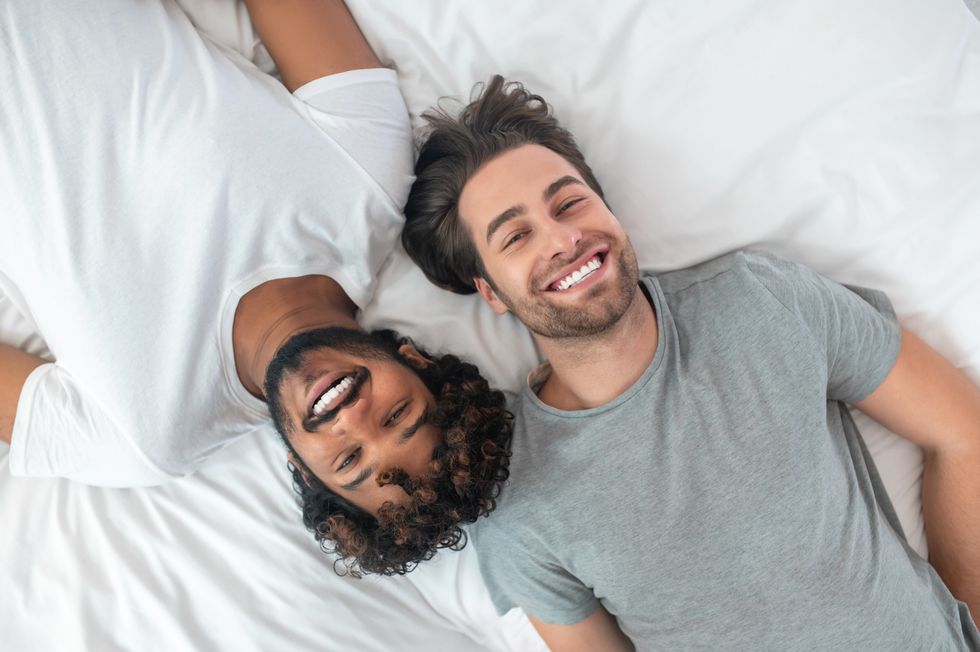

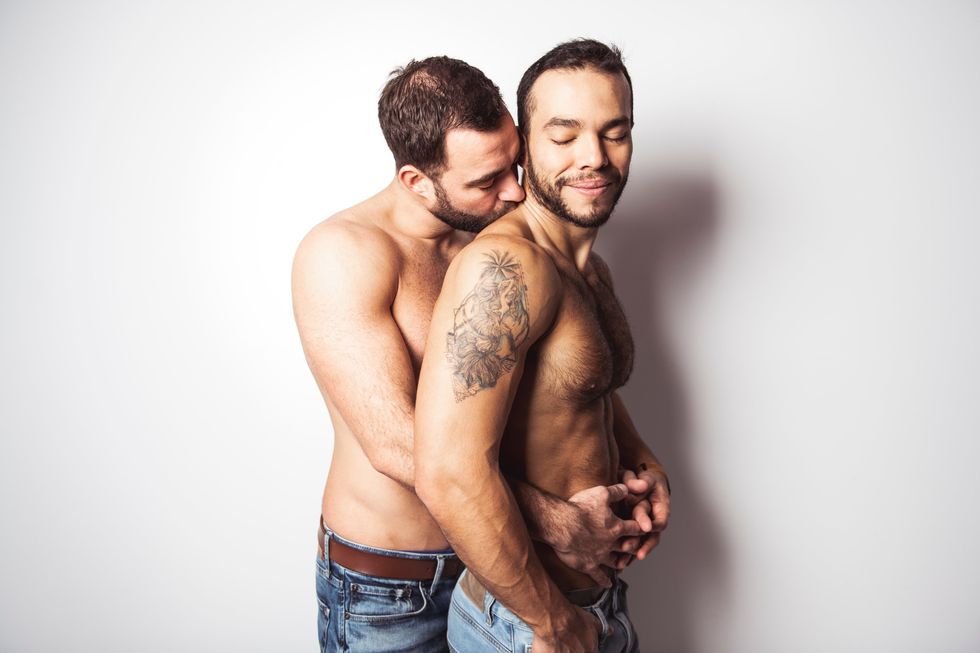
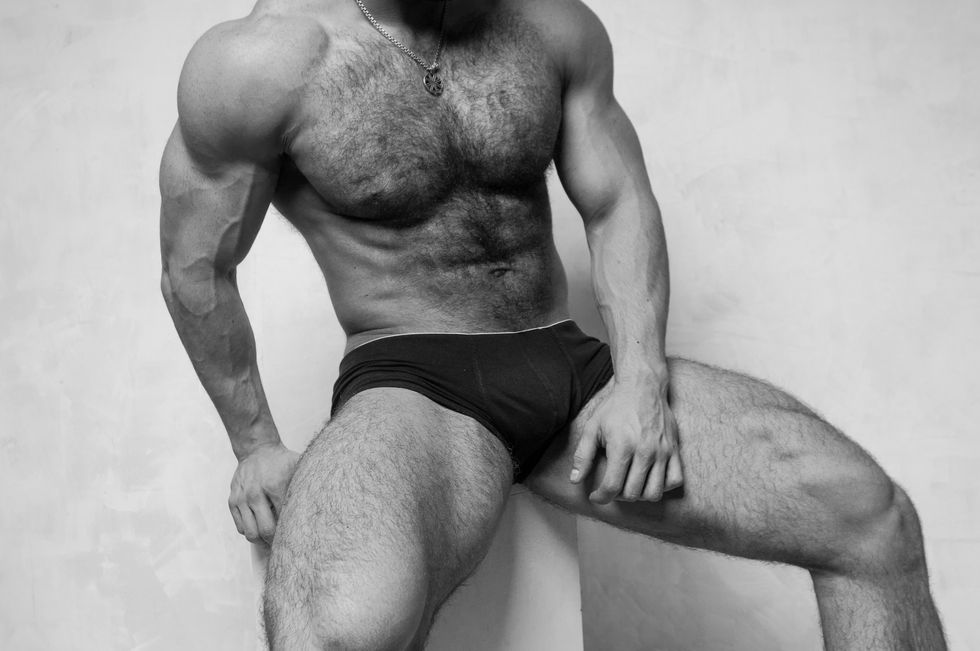
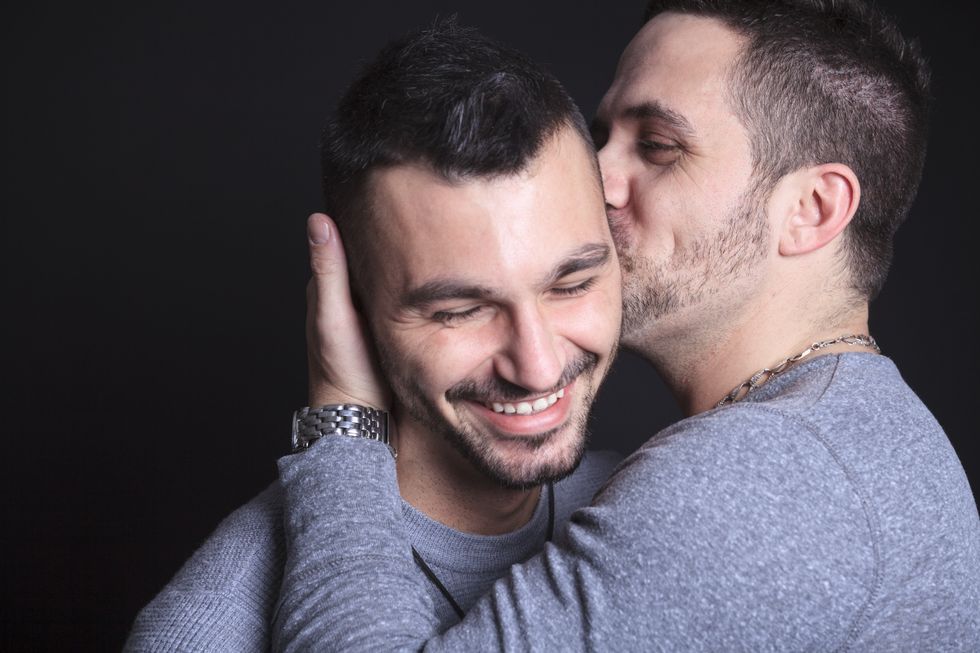
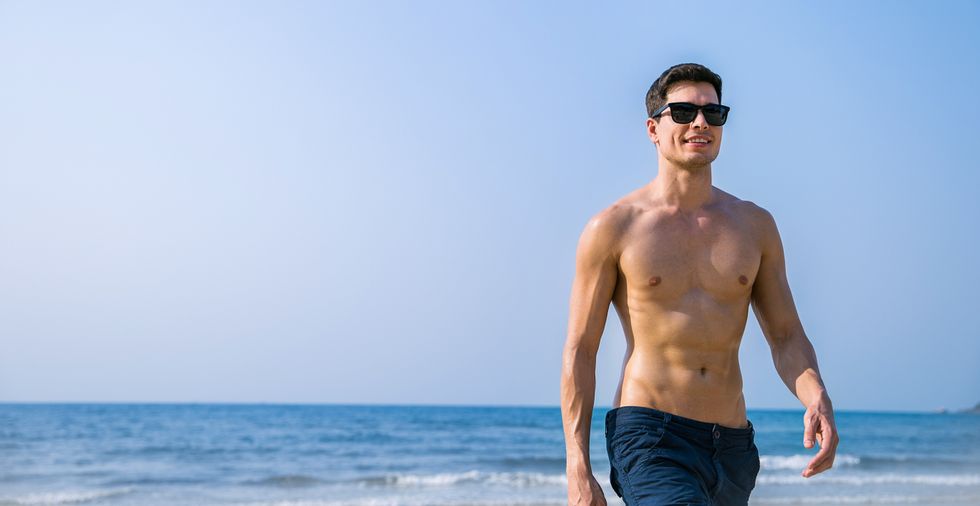


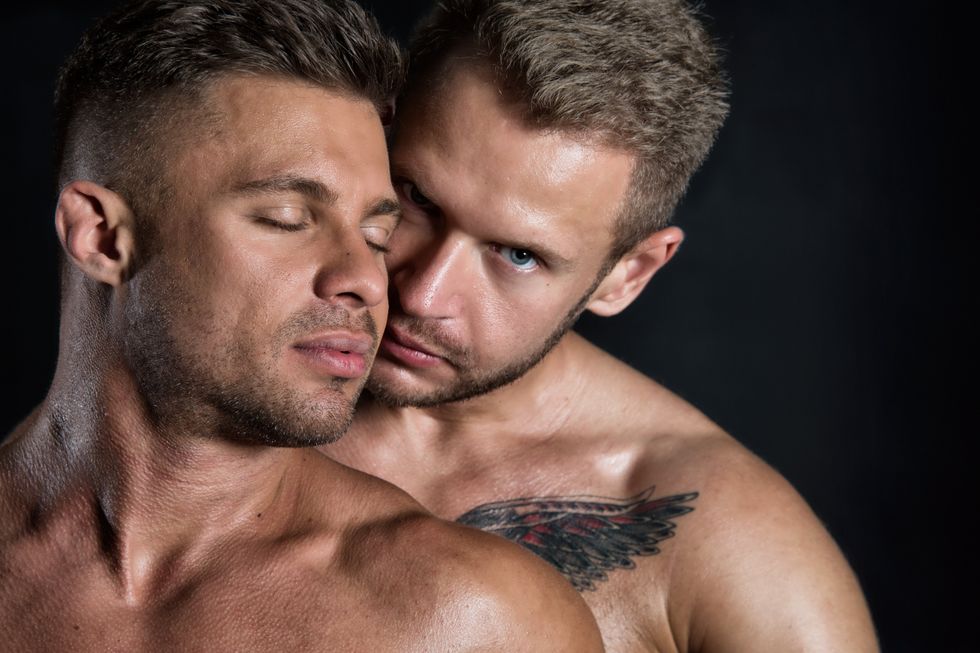


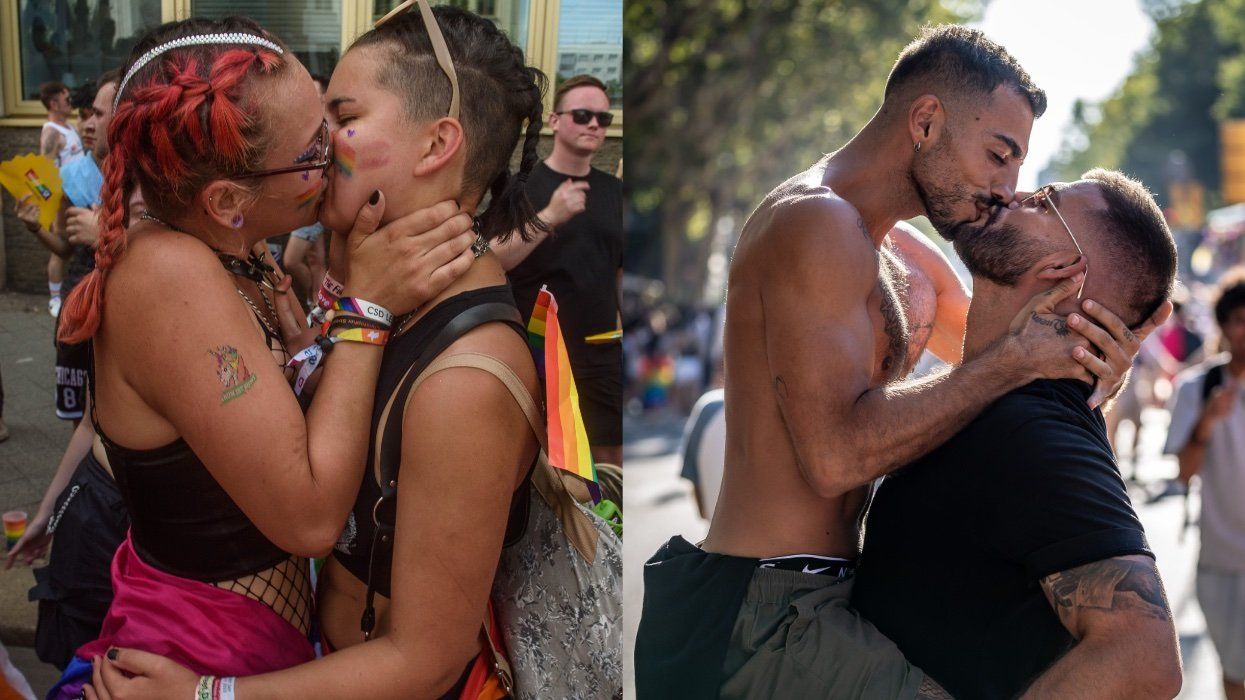
 A couple kisses in the middle of the street during the Christopher Street Day ; Men seen kissing during the 2023 Pride Barcelona Parade.Yerchak Yauhen/SOPA Images/LightRocket via Getty Images; imone Boccaccio/SOPA Images/LightRocket via Getty Images
A couple kisses in the middle of the street during the Christopher Street Day ; Men seen kissing during the 2023 Pride Barcelona Parade.Yerchak Yauhen/SOPA Images/LightRocket via Getty Images; imone Boccaccio/SOPA Images/LightRocket via Getty Images